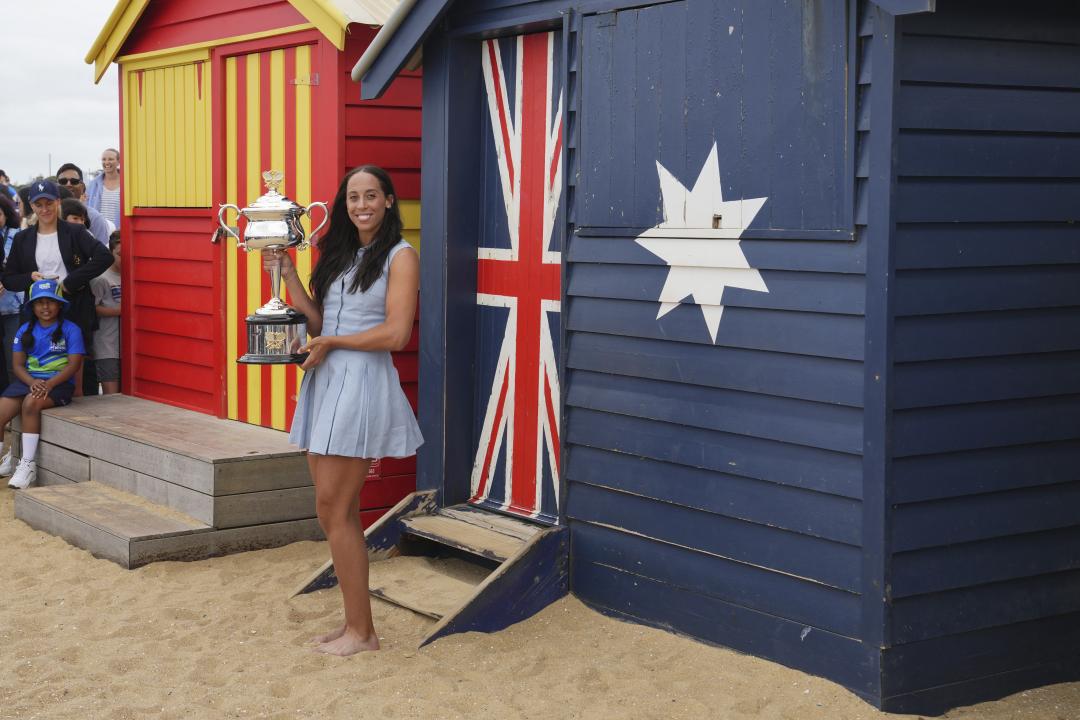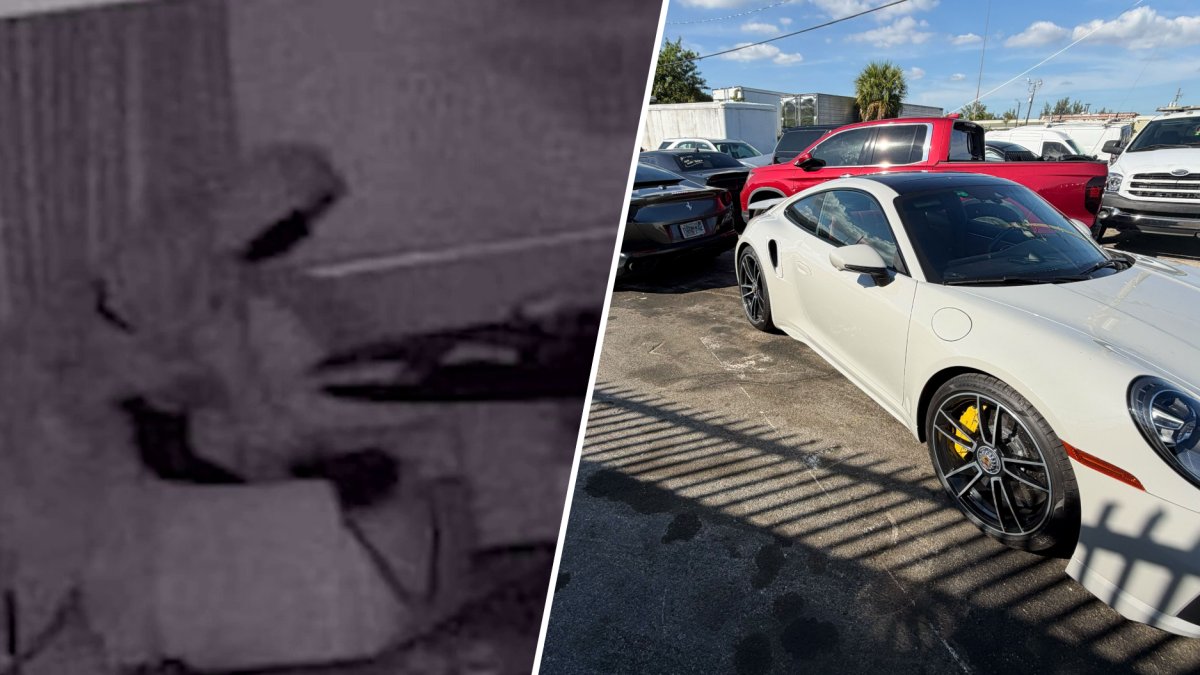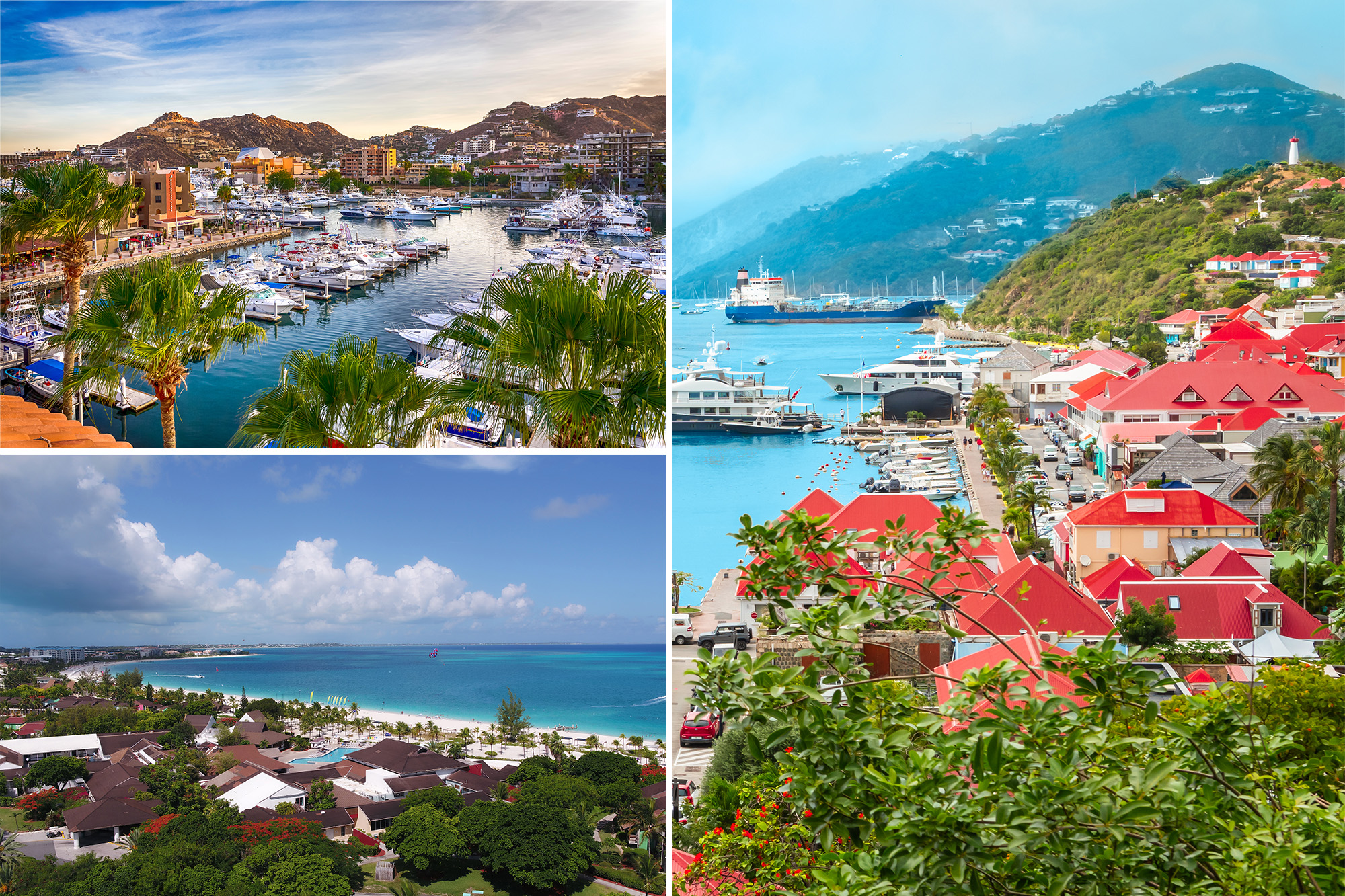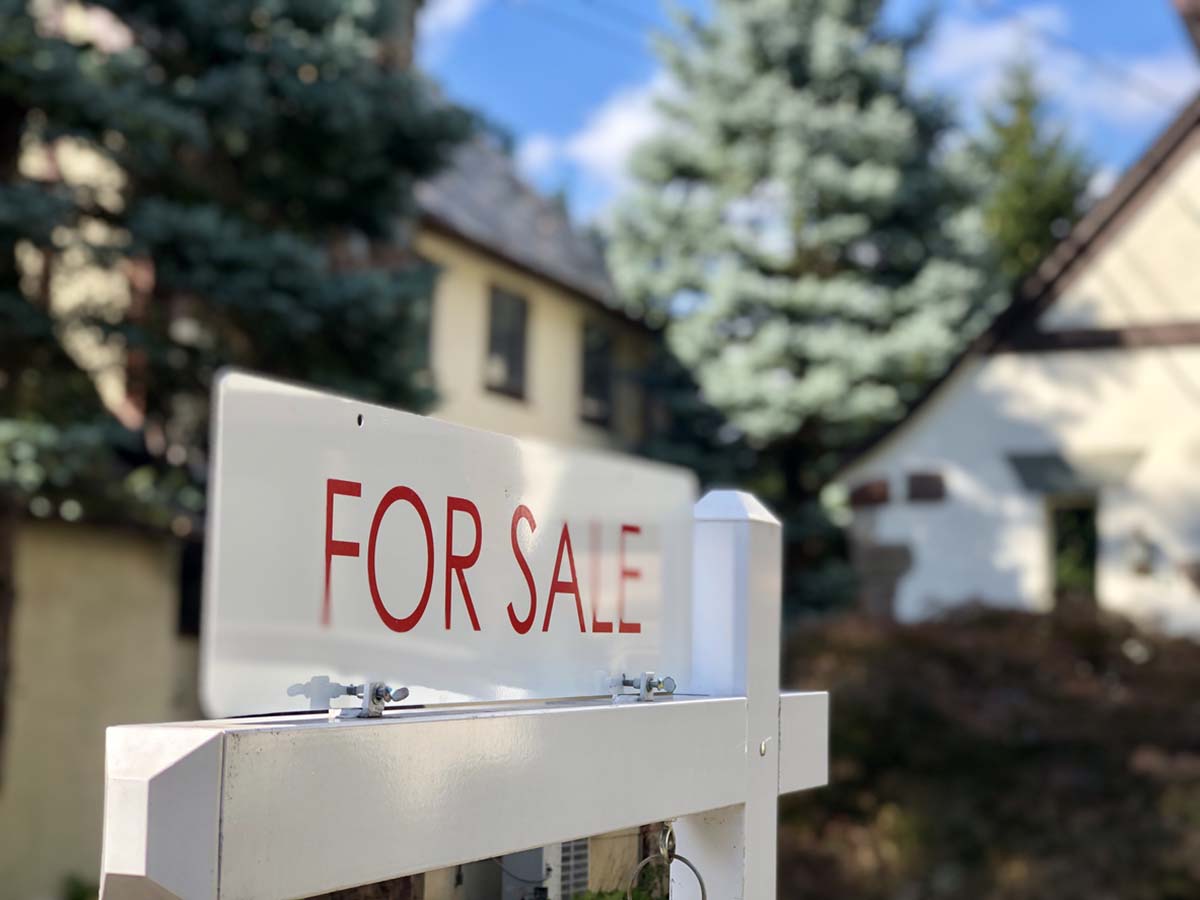M
elbourne’s coast is dotted with brightly painted beach boxes—small, weather‑proof sheds that have stood along Port Phillip Bay and Western Port since the 1800s. Though they offer stunning ocean views, they lack basic comforts: no bedrooms, bathrooms, running water or electricity. Yet, because they sit on public beach land yet carry a land title, many fetch prices rivaling or exceeding suburban homes.
The boxes, also called bathing boxes or boatsheds, were originally built to preserve modesty when public bathing was frowned upon. Queen Victoria’s moral code helped spur their creation in the 1860s. Today, only about 2,000 remain, most clustered around Melbourne.
Scarcity fuels their value. Agents note that a well‑located box can double in worth every seven to ten years. However, ownership comes with strict rules: buyers must own a nearby home, the shed cannot be rented or used commercially, overnight camping is banned, and solar panels or generators are prohibited. Owners also pay an annual licence fee, rates, and must insure the box for up to AU$20 million.
John Rundell bought Bathing Box No. 43 on Dendy Street Beach in Brighton for AU$12 000 in 1992. He still pays the licence fee and insurance, which he sees as “double‑dipping” by the council. The box serves as a storage spot for beach gear and a gathering place for family holidays, though it has no electricity or plumbing—just an ice chest and a camping potty.
The most expensive boxes appear in Portsea, a 90‑minute drive from Melbourne, where prices can reach AU$1 million. A record AU$1.2 million was set last year. In August, the average Melbourne house sold for AU$803 194. Outside Portsea, Mount Martha saw a box sell for AU$1 million in April, beating the expected price by AU$350 000. Real‑estate agent Alex Corradi notes that boxes with covered decks could fetch even higher, but owners cannot modify the shed’s dimensions.
Banks are wary of lending against beach boxes, so purchases are typically all‑cash. Investment adviser Cate Bakos acknowledges that scarcity may yield long‑term capital gains, but warns that the boxes offer no ongoing income and that short‑term returns are unlikely. “Buying a beach box is, quite frankly, an illogical purchase,” she says.
In short, Melbourne’s beach boxes are quirky relics that combine historic charm with limited functionality. Their rarity and strict regulations keep them valuable, yet they remain a niche, cash‑only investment with no rental income or utility services.














